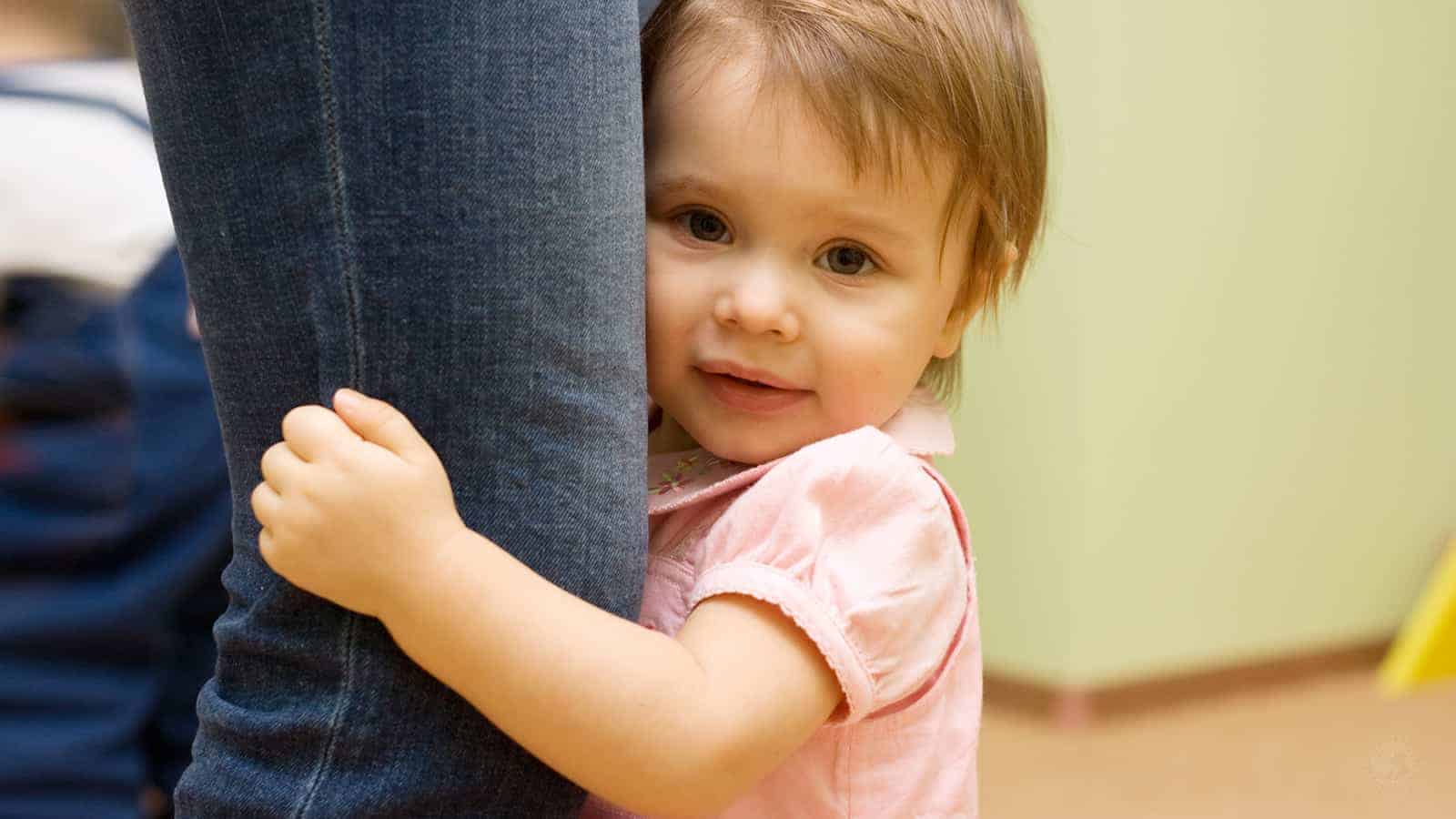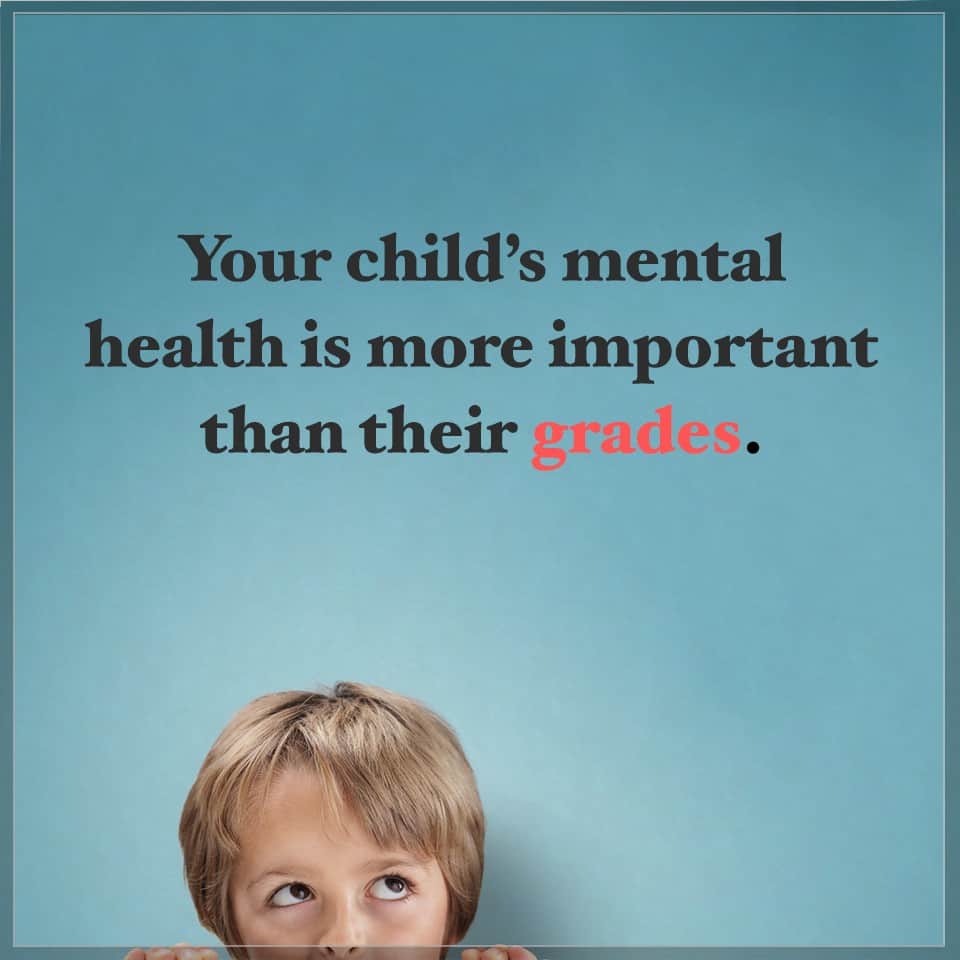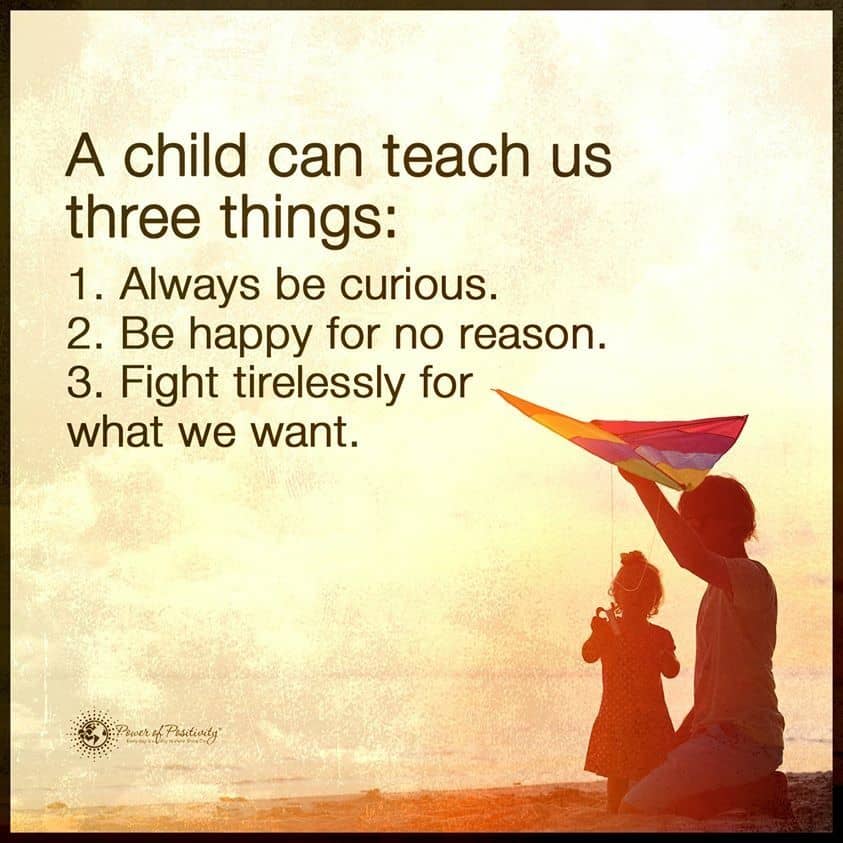Were you a shy kid growing up? Did you have trouble making or keeping friends, and when you went to a new school or home, it took you forever to warm up to the place? Shyness in children is a common thing that they can learn coping skills to handle over the years.
It’s called social anxiety, but psychologists believe that shyness can indicate an underlying anxiety issue or fear. When you mention anxiety, most people think of an adult that’s afraid to give a presentation at work or someone who tends to melt into the background rather than being the center of attention.
Anxiety is all those things, but it’s also so much more than what even experts imagined. It’s estimated that about nine percent of children suffer from social anxiety, roughly one out of every ten kids. The numbers show it’s a growing problem that needs to be addressed.
Social anxiety or shyness?
Social anxiety and shyness in children only morph into a full-blown disorder without treatment, and the same problems they had in their youth will follow them into adulthood. The kid who couldn’t make friends will be the adult that sits home alone on a Friday night.
A family can have two children, and they may be opposites. One may be outgoing, loves to meet new people, and can make friends every time they go to the park. However, the other one may suffer. Going out to eat or to the park is not a fun task for this child because their anxiety kicks into overdrive.
A child cannot explain a panic attack or an overabundance of anxiety-like an adult. They don’t have the ability to articulate how they feel. They may experience headaches, an upset stomach, jitters, dizziness, and it can come out as hyperactivity.
Parents need to know how to raise children who present with social anxiety because even a local supermarket trip can be a sensory processing nightmare for the shy one.
Temperament Can Dictate Why Children Are Shy
Why are some children fearful to the point of being terrified in new environments and others so outgoing they know no stranger? Children are shy, and kids can be friendly, but since each child is different, the reasons for why they respond to their environment comes down to their temperament.
• Coping Skills Start Early In Life
Your personality and temperament are what directs you to respond to stressors. Assume that you have two children. Sadly, you get into a car accident on the way home from the store. One child is crying and screaming because they’re scared of what’s going on, but the other is more annoyed because dinner is late.
Since each of your children has different personalities, they look at things through different lenses. One sees the accident as an inconvenience to their supper, while the other is terrified of death and being hurt. You must comfort both kids, but the methods you use will be different based on their temperament.
• Can Psychologists Determine A Shy Kid At Four Months Of Age?
Your child will develop methods to respond to what’s going on in their environment. Dr. Vanessa LoBue confirms that these patterns are formed as early as four months of age. A test to help with infant temperaments can be conducted using a mobile that hangs over the crib.
Is it possible to say that children are shy from the cradle up? At four months, a child may love the mobile above their bed or hate it. However, the children that are entirely distressed by the movements and sounds coming from this toy are almost always the ones that have issues with being shy as they grow. It’s because the children are sensitive to their environment.
It’s also been observed that these babies are the ones that get terribly upset and off-kilter if their routine is disrupted. Even something as small as the doorbell ringing can send them into a tailspin. Now, the infants that responded positively to the toy were more social and outgoing.
• Is Shyness Biological?
One study studied the electrical signals of the brains of toddlers to learn why children are shy. By looking at the brain of a shy child versus outgoing, they noticed apparent differences. Could it be that children are shy because there is a biological basis for it?
There is also evidence that personality forms from birth. If you look at this theory, you would conclude that the environment has no bearing on a child’s personality because it’s something they are born with. Research suggests that a baby’s temperament indicates how their adult personality will look.
Studies suggest that children are shy because it’s part of their personality. It should be mentioned that not all reserved or reticent people suffer from social anxiety or another phobia. So why is being shy such a big deal to psychologists?
• Changes Are Inevitable
The temperament and biological factors both come into play in a child’s personality. Still, it doesn’t mean that their personality in infancy will be the same at age 25. Sure, there’s a strong probability, but it’s not set in stone. Some kids need to come out of their shells.
People, especially children, change as they age. The adverse reactions that a child at four months had to the mobile can slowly change. While they didn’t like it at that time, there’s nothing to say that they won’t love it when they reach eight months.
The reactions to stressors alter as the body changes and grows. Plus, being shy is not always a bad thing. Some people need a little bit of time to warm up and adjust before they can jump in.
Being a bit shy won’t dictate your ability to do a good job at work, or it won’t change your capabilities to be a good mother or father.
Reticent Children Need Professional Guidance
A television show on The Learning Channel is an excellent example of why some children are shy and reserved. The Busby family on Out Daughtered has quintuplets that have taken the world by storm.
These girls have unique personality characteristics that make them who they are. Hazel has suffered from nystagmus and has had surgery to correct the defect. In the past season, it was Parker who got much attention due to her reticent nature.
It became very apparent that she was reserved, where the others were outgoing. It took her time to warm up when they would go to a fun center or anywhere else. She was often in the corner, crying when there were changes in the home, and she didn’t do well out of her element or routine.
Anytime there was anything new or different, this child shut down. The Busby family decided to seek help. It’s good that they didn’t brush it under the rug and got support for the child. This show plays out on television and is there for all to see, but the same things should be done in real life.
An occupational therapist worked with Parker to help her adjust and develop good coping skills. Children are shy because they often don’t know how to regulate their emotions. Thankfully, this child has a supportive family unit that can buffer her anxiety.
While the jury is still out as to whether or not Parker will grow up with any lingering social anxiety as she grows, getting the help she needs will make all the difference in the world.
Adjusting Parenting Styles For Shy Kids
Parenting styles are essential as you attempt to maneuver the emotions of the shy child. It’s during the formative years that children develop a conscience. A child who is timid and reserved will likely be the type that doesn’t require much discipline.
These kids usually burst into tears at the first hint of a reprimand. Psychologists warn that parents must learn how to utilize gentle and fair forms of discipline, so they don’t feel any guilt for their wrongdoings. On the other hand, outgoing and social kids usually don’t respond to gentle correction.
They require more attention when they do something wrong and a “stronger hand” in the discipline. Since no two kids are the same, no parenting methods can be exactly alike either.
Final Thoughts on Understanding the Reasons Why Children Are Shy
Using research and studies from psychologists on why children are shy, it’s easy to conclude that it has biological and environmental factors. Additionally, just because an infant show sensitivity to their surroundings doesn’t mean that they are destined to be a socially anxious child for life.
Kids grow and change and learn how to adapt. Though being shy, maybe in someone’s genes, it’s not guaranteed that a person will turn out the same. A parent can have identical-looking children, like the Busby family on Out Daughtered, and still, each child will have a unique personality.
Looking at the famous quintuplets, there’s the shy one, one that is rambunctious, one that’s fearless, and one that tends to be more anxious. The important thing to remember is that you need to adjust your parenting style to accommodate the emotional needs of the individual child, especially if that child is dealing with social anxiety that triggers shyness.


















